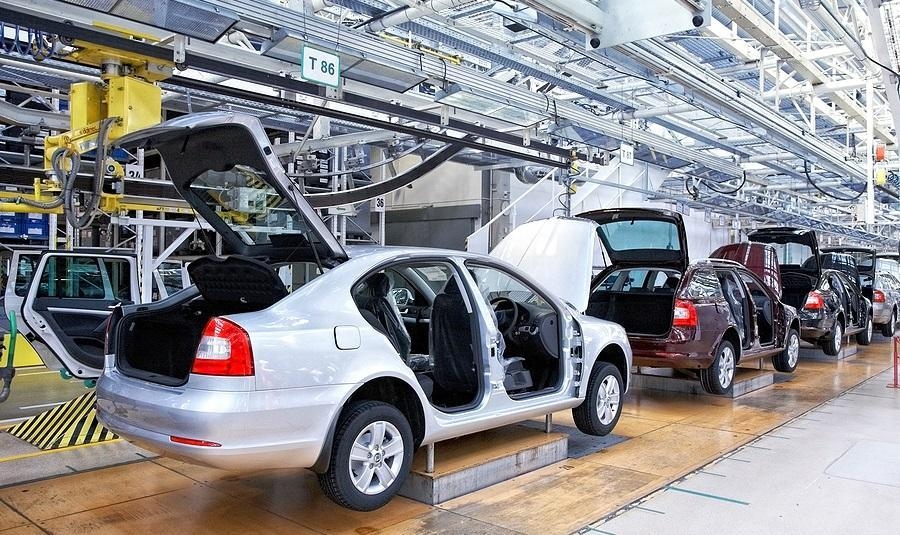Analysis

July 21, 2019
UAW Opens Contract Negotiations with Detroit Automakers
Written by Sandy Williams
United Auto Workers and the Big Three automakers opened 2019 contract talks last week with ceremonial handshakes. Negotiations, however, have the potential to become contentious as auto workers seek a bigger share of company profits.
“We invested in you, now it’s your turn to invest in us,” said United Auto Workers President Gary Jones at an event with GM executives in Detroit.
Jones emphasized in his remarks to General Motors, Ford and FCA that “despite record corporate profits in the past few years, labor is still being asked to take concessions.”
“We all know that we have seen a Race to the Bottom over the past several years for working men and women in this country,” said Jones. “Cuts in benefits, retirement security in jeopardy, job loss, wage loss, outsourcing, more and more temporary workers, jobs shifted to Mexico and China.”
“With this year’s negotiations, we will halt that Race to the Bottom,” he stated.
Following the 2015 negotiations the auto industry enjoyed several years of record profits but that period has now cooled and the industry is preparing for a downturn. GM has closed several U.S. plants, tariffs and trade uncertainty continues to plague manufacturing, and investment in the environmentally-friendly electrical vehicle market has put new pressure on automakers.
“Our industry is undergoing a massive transformation – one more profound than any since cars for the masses burst on the scene more than 100 year ago,” said FCA North America chief operating officer Mark Stewart. “It is a transformation driven by disruptive technologies and by society’s realization that we need to protect the environment for the next generation.”
“I want to make this crystal, crystal clear,” said Stewart. “Our operational flexibility, the flexibility of our competitive cost structure we created together are needed to continue to fund these investments with electrification and the future of all of our company.”
GM CEO Mary Barr commented on competition within the industry. “While this industry has always been competitive, we must admit, it’s only getting more so,” Barra said at the opening of negotiations. “More than ever, we must be agile, decisive and disciplined. We must be proactive on all fronts because we are not here merely to survive. We are here to lead it and to win.”
The transition to electric cars is viewed with trepidation by some in the UAW. UAW Research Director Jennifer Kelly said at a union convention in March that electrical vehicle assembly will require fewer labor hours due to the use of fewer component parts, potentially putting 35,000 or more union jobs at risk.
Bankruptcy and bailouts of 2009 are still fresh in the minds of industry leaders. “We cannot and will not repeat the actions that put us in that dangerous financial position,” said Stewart. “We cannot return to the old ways of doing business or we risk seeing the same result. We need to learn from the past.”
Automakers are expected to focus on increasing temporary workers, reducing health care costs, and bringing wages in line with those of foreign competitors.
Kristin Dziczek, vice president of industry, labor and economics at the Center for Automotive Research, said that union workers are aware of the pressures that the industry is facing but are aiming high in negotiations this year.
“Workers know things are getting bad,” Dziczek told Automotive News. “They’d like to lock in a base wage increase. They don’t want to see any changes in their health care. They’ve contributed a lot to the success of the companies some coming out of the bankruptcies. All of those things make this much more difficult.”
“It’s going to be a difficult challenge,” said Dziczek. “While things are still good, you have to prepare for the storm ahead. But a huge portion of the work force that will be voting on these contracts were hired after the bankruptcies and the recession. They don’t know what down looks like.”
In March the UAW announced an increase in strike pay from $200 to $250 per week.
“The stakes are especially high this year,” said Jones, adding that the pay increases were necessary “should the companies force us to that extreme.”







